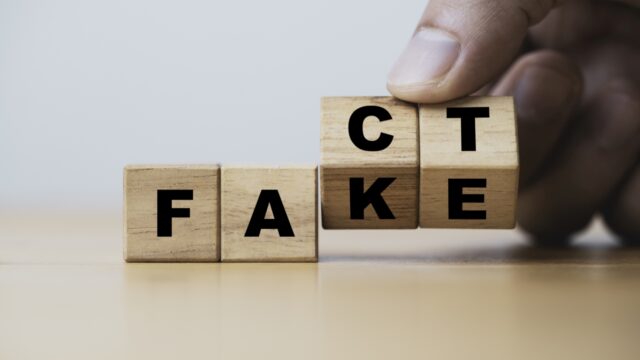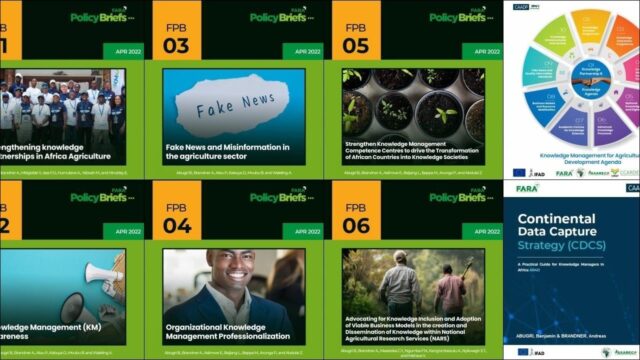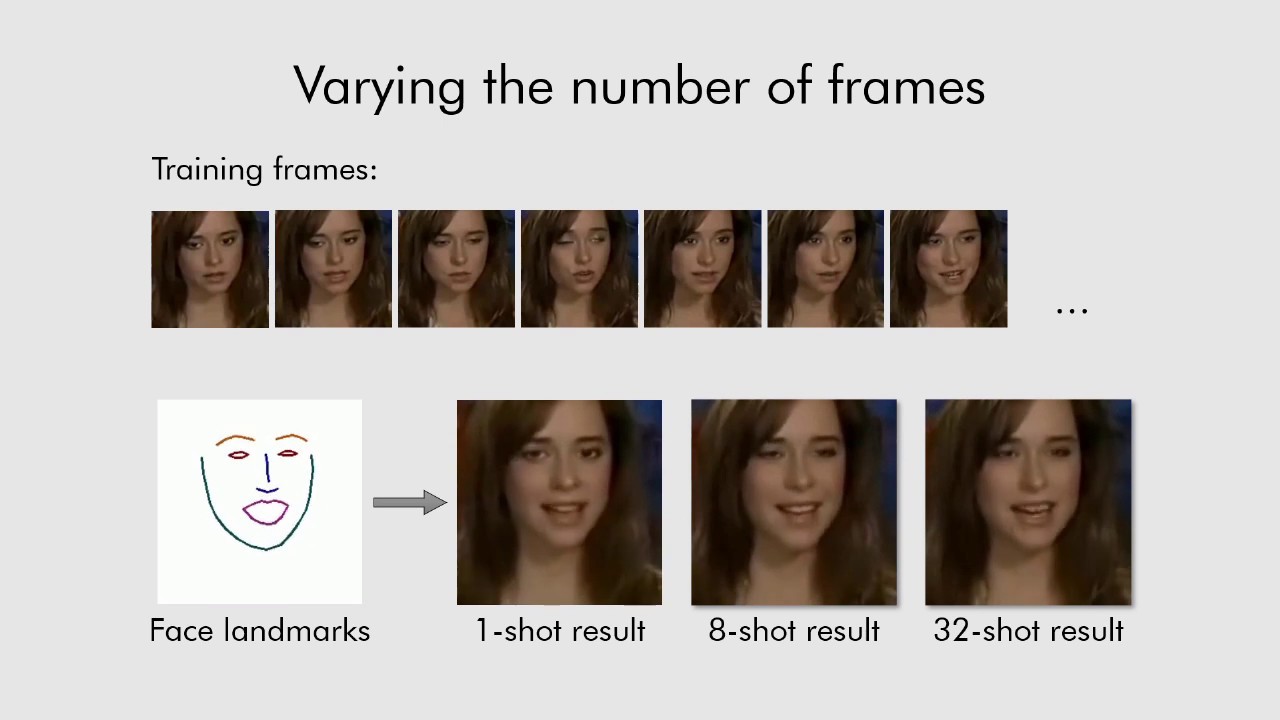fake news
-
Brain power

How we can better detect misinformation
Offering positive incentives to overcome the perverse incentives to share misinformation online.
-
Brain power

Three reasons why disinformation is so pervasive and what we can do about it
Disinformation is a plague infecting all forms of media. But efforts to control it abound, and Wikipedia is a good…
-
Brain power

Signalling the credibility of news sources does little to dampen spread of misinformation
Exploring the impact of NewsGuard browser extension “shield” symbols on behavior.
-
KM in international development

Forum for Agricultural Research in Africa (FARA) knowledge management resources
FARA has produced and co-produced a range of downloadable knowledge management resources including a series of six policy briefs.
-
Brain power

Fake news can boost trust in government
Misinformation has a diverse impact on trust in society, with benefits for the government, at the expense of trust in…
-
Brain power

Are you an unwitting mercenary in the dirty Facebook disinformation wars?
There's clear evidence of global disinformation warfare, and the uncomfortable truth is that those who share this disinformation are holding…
-
2019’s top 100 journal articles

How much fake news is really shared on Facebook, and who shares it? [Top 100 journal articles of 2019]
The findings of a study of fake news sharing on Facebook have implications for knowledge sharing in organisations, and for…
-
Brain power
![Texting mobile phones hands two text phone mobile [Pixabay image 1490691]](https://realkm.com/wp-content/uploads/2020/01/smartphones-1490691_1280.jpg)
How misinformation can be tough to shift
People sometimes continue to use misinformation in their reasoning, even if they remember that the information is false, which researchers…
-
2019’s top 100 journal articles

AI can create realistic deepfake videos from as little as one photo, or even artwork [Top 100 journal articles of 2019]
Deepfake videos are a very effective tool for carrying out a number of the dark side knowledge management (KM) tactics.


